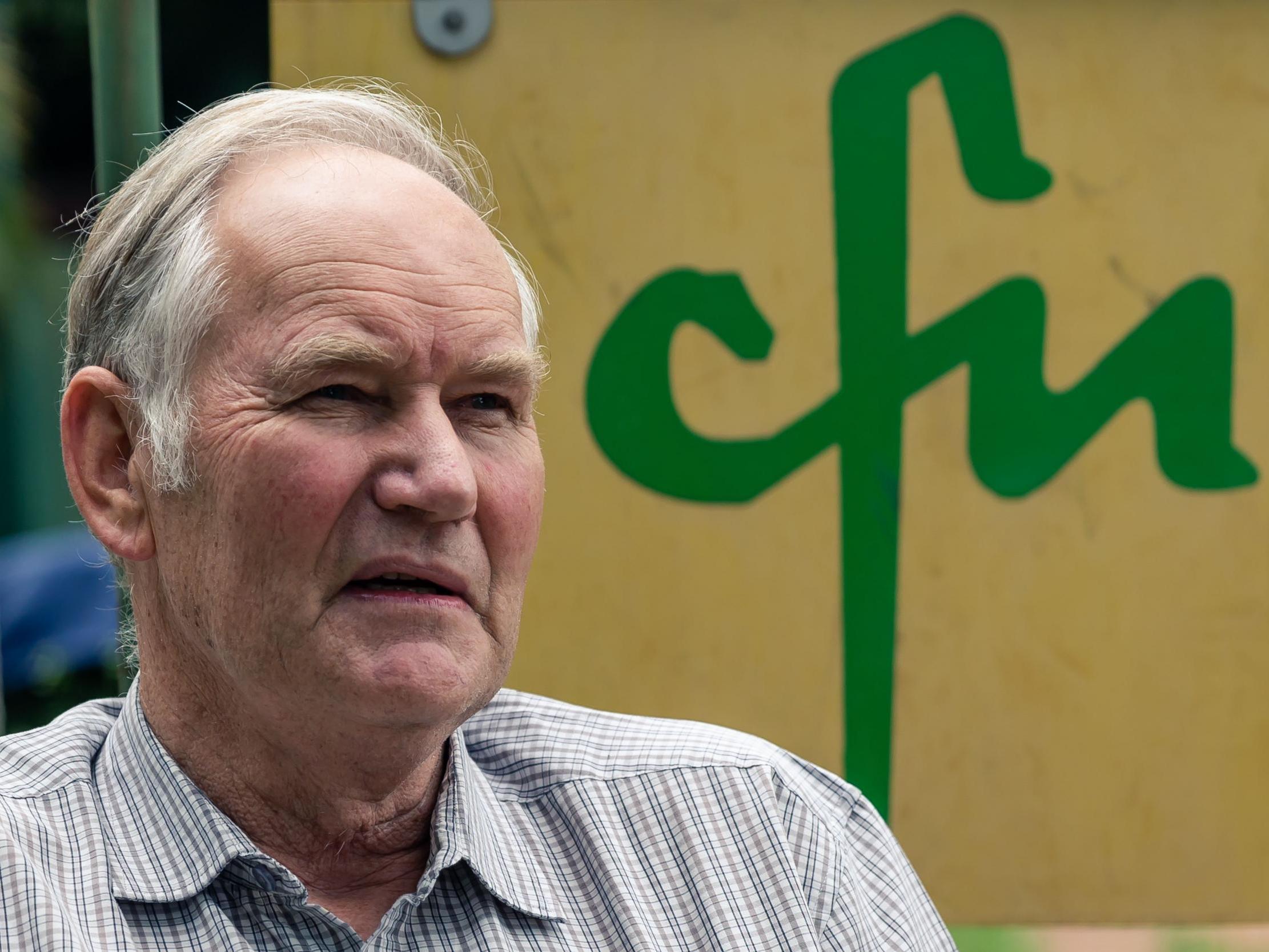Zimbabwe agrees to pay £2.6 billion compensation to white farmers, ending divisive Mugabe policy
Former prime minister’s government violently evicted 4,500 white farmers and redistributed land to around 300,000 black families

Your support helps us to tell the story
From reproductive rights to climate change to Big Tech, The Independent is on the ground when the story is developing. Whether it's investigating the financials of Elon Musk's pro-Trump PAC or producing our latest documentary, 'The A Word', which shines a light on the American women fighting for reproductive rights, we know how important it is to parse out the facts from the messaging.
At such a critical moment in US history, we need reporters on the ground. Your donation allows us to keep sending journalists to speak to both sides of the story.
The Independent is trusted by Americans across the entire political spectrum. And unlike many other quality news outlets, we choose not to lock Americans out of our reporting and analysis with paywalls. We believe quality journalism should be available to everyone, paid for by those who can afford it.
Your support makes all the difference.Zimbabwe agreed on Wednesday to pay $3.5bn (£2.6bn) in compensation to white farmers whose land was expropriated by the government to resettle black families, moving a step closer to resolving one the most divisive policies of the Robert Mugabe era.
But the southern African nation does not have the money and will issue long term bonds and jointly approach international donors with the farmers to raise funding, according to the compensation agreement.
Two decades ago Mugabe’s government carried out at times violent evictions of 4,500 white farmers and redistributed the land to around 300,000 black families, arguing it was redressing colonial land imbalances.
The agreement signed at Emmerson Mnangagwa’s state house offices in Harare showed white farmers would be compensated for infrastructure on the farms and not the land itself, as per the national constitution.
Details of how much money each farmer, or their descendants, given the time elapsed since the farms were seized, was likely to get were not yet clear, but the government has said it would prioritise the elderly when making the settlements.
Farmers would receive 50 per cent of the compensation after a year and the balance within five years.
Finance minister Mthuli Ncube and acting agriculture minister Oppah Muchinguri-Kashiri signed on behalf of the government, while farmers unions and a foreign consortium that undertook valuations also penned the agreement.
“As Zimbabweans, we have chosen to resolve this long-outstanding issue,” said Andrew Pascoe, head of the Commercial Farmers Union representing white farmers.
The land seizures were one of Mugabe’s signature policies that soured ties with the West. Mugabe, who was ousted in a coup in 2017 and died last year, accused the West of imposing sanctions on his government as punishment.
The programme still divides public opinion in Zimbabwe as opponents see it as a partisan process that left the country struggling to feed itself. But its supporters say it has empowered landless black people.
Reuters
Join our commenting forum
Join thought-provoking conversations, follow other Independent readers and see their replies
Comments